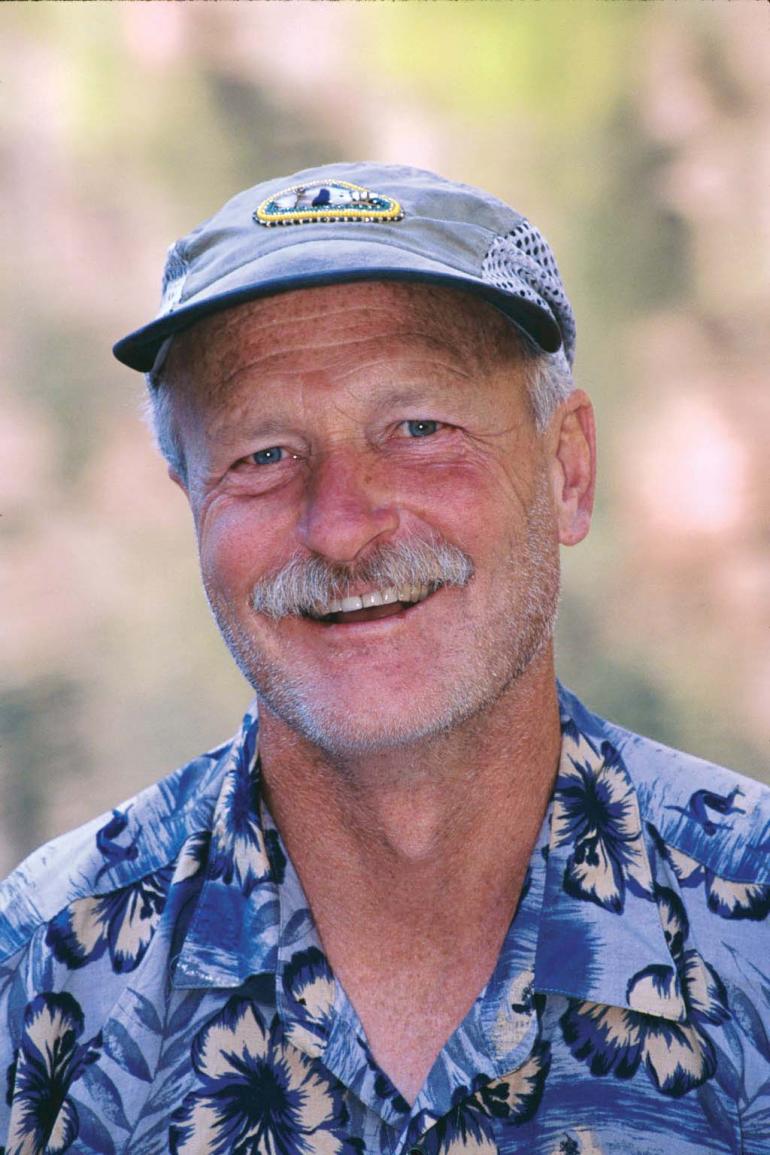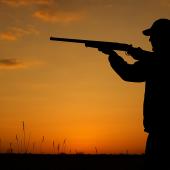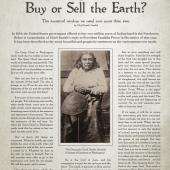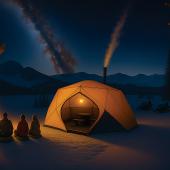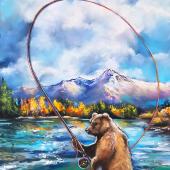Wordsmiths of SW Montana: Alan Kessleheim
In 1982, Alan Kesselheim moved to Bozeman and began his writing career. He was done with his job as an outdoor education director in Wisconsin and wanted to come West to the state his dad was born and raised in, and the town—Bozeman—where the woman he had fallen in love with lived. “So, it was love and landscape and as good as place as any to try this craziness of making a living writing,” said Kesselheim. Montana has especially moved him and shaped who he is a as both a person and a writer.
OB: How does living in Montana influence your writing?
AK: Writing is one of those careers where you could conceivably be anywhere, but in my case it’s very much not the case. I think where you live, the landscape you are surrounded by, and the kinds of experiences that are available to you is so key to what I do, it would be really tough for me to pull it off in Philadelphia. I’d probably still write if I was in Philadelphia, but it wouldn’t be the kind of writing that I’m doing now.
I think having access to wild places, adventurous experiences and, on a more visceral level, the sense of this landscape around you does center you in a way as a writer that would be tough to capture in a place that didn’t have that kind of quality. There are a lot of places, but I think this kind of spaciousness is pretty key for me.
OB: What’s your best piece of work and your worst piece of work, and why?
AK: If I were just going to present somebody with one thing it would probably be my book Going Inside. I felt like I’d gotten to the point as a writer that I’d really identified some of my pitfalls and knew myself well enough to know what I wanted to accomplish with that book, that I could really work it. It felt pretty close to what I was aiming for. Of course, every time I pick it up I’m still editing, but I felt pretty good about that book.
The worst piece? Probably the first thing I ever submitted to a magazine. I wrote this thing for Canoe and Kayak magazine right around 1980. I had this very compelling experience on a wilderness canoe, so I wrote this thing that was absolutely inappropriate. It was about 5,000 words long, it was in a total daily journal style, which is one of the things they tell you right off the bat—don’t do. I didn’t do my research. I had a great story; of course they’re going to take it. It was only later that I realized what an idiot I’d been. Of course, I got the standard rejection. But it was that experience that made me feel like, dammit one of these days I’m going to get a story in that magazine. Maybe I’ll have to wait until that editor leaves, but it was one of those things that made me persistent about getting over the hump. (Kesselheim has since written for Canoe and Kayak magazine.)
OB: What responsibilities do you feel you have to your readers?
AK: The fundamental one is honesty. And I think there’s a lot of editing that goes on when you write something. That’s just the way it is. I think you just have to be willing to be honest about the things you're proud about, but also the things you’re not so proud about. And to put yourself out there in a way that feels vulnerable and feels like you’re exposing yourself to some extent. Because if you aren’t, then why bother? It’s by definition going to be superficial, maybe pretentious. I think readers really respond to honesty. The things I’ve felt best about in my writing were the things where I’ve had that edge of vulnerability and a sense that I’m really kind of taking my clothes off here.
OB: What is the biggest challenge in your writing career?
AK: I’ve never had a problem batting out the words, meeting a deadline, or [with] the discipline of filling the pages. The issue for me has been the unbelievable juggling act you have to maintain to really make it happen as a freelancer. You’re not just going forth and composing all day, you’re keeping e-mails going, you’re keeping ideas going, you’re keeping queries going, you’re getting rejected and all those balls are in the air at the same time, all the time. You can’t really afford to forget any of them. And there are times when, man, this is a crazy way to make a living financially, it’s not an easy thing to do. I think you have to make some compromises in order to live with that tension.
OB: What are your main hobbies/avocations?
AK: Trying to be a good dad. The usual outdoor sports and recreation we do in Montana. If I had to pick one thing I really love to do it would be paddling a canoe. I love paddling the Yellowstone River because there are great agates and petrified wood everywhere. One of the things we love to do is always come back heavier than we left. We come back and polish the rocks in a tumbler and get piles of these great polished rocks. I guess I’m kind of a closet rock hound.
One of the things I really like to do in my spare time to stimulate writing is to read poetry. And not the sort of obscure out there poets, but people like Mary Oliver. It’s pretty basic, down to earth, and makes some incredible connections and I find that very stimulating.
Books by Alan Kesselheim
Portrait of Paradise (co-authored; 2007)
Canoeing in the Wilderness: A Handbook (2007)
This Common Secret: My Journey as an Abortion Doctor (co-authored; 2007)
Camp Cook's Companion: A Pocket Guide (2002)
The Wilderness Paddler's Handbook (2001)
Trail Food: Drying and Cooking Food for Backpackers and Paddlers (1998)
Threading the Currents: A Paddler's Passion for Water (1998)
The Lightweight Gourmet: Drying and Cooking Food for the Outdoor Life (1994)
Going Inside: A Couple's Journey of Renewal into the North (1995)
Silhouette on a Wide Land (1992)
Water and Sky (1989)Greg


